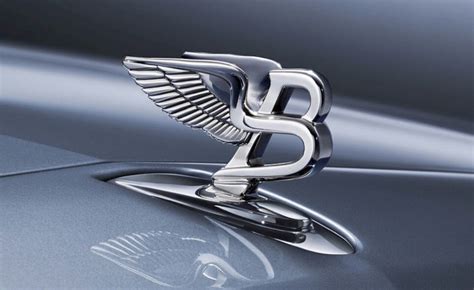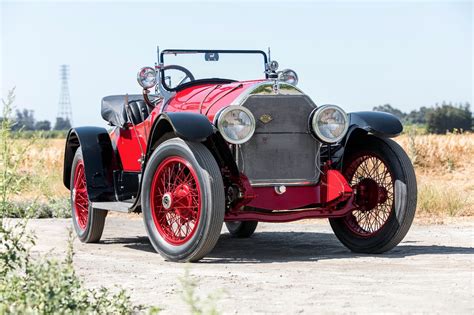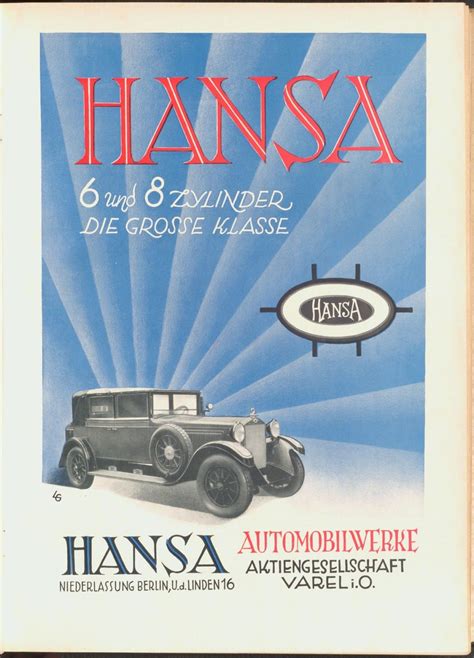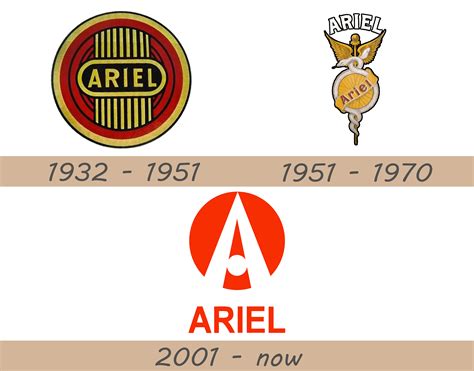Explore the origins, vision, interwar success, Rolls-Royce acquisition, and modern resurgence of Bentley with this in-depth blog post.
The Beginnings of Bentley
Contents
Bentley Car Company was founded by Walter Owen Bentley in 1919. The company’s origins can be traced back to the First World War, when W.O. Bentley was involved in aircraft engine design and manufacturing. After the war, he turned his attention to building automobiles, and in 1919 he founded Bentley Motors in London.
The first car to bear the Bentley name was the 3 Litre, which was known for its advanced engineering and performance. The 3 Litre made its debut at the 1919 London Motor Show and quickly gained a reputation for speed and reliability.
In the early years, Bentley focused on producing high-performance cars for racing and touring. The company’s success in motorsport helped to establish its reputation for performance and durability, and by the mid-1920s, Bentley had become one of the most respected luxury car brands in the world.
Despite the company’s early success, financial difficulties led to the eventual acquisition of Bentley by Rolls-Royce in 1931. Under Rolls-Royce ownership, Bentley continued to produce high-quality cars, but the brand’s focus shifted towards luxury touring vehicles rather than racing.
Although Bentley’s racing days were over, the company’s legacy as a manufacturer of high-performance cars continued to attract enthusiasts and collectors. In recent years, Bentley has experienced a resurgence, with a renewed focus on cutting-edge technology and sustainability.
Walter Owen Bentley: Founder and Visionary
Walter Owen Bentley, popularly known as W.O. Bentley, was the founder of the prestigious Bentley car company. Born in 1888, in London, Bentley was a visionary with a deep passion for engineering and automobiles. His fascination with speed and power led him to create one of the most iconic luxury car brands in the world.
Throughout his career, Bentley was driven by a desire to produce high-performance vehicles that were both reliable and elegant. His commitment to excellence and innovation set the foundation for the esteemed reputation that the Bentley brand enjoys today. Bentley’s unwavering dedication to quality and craftsmanship continues to be a defining characteristic of the company.
One of the key milestones in Bentley’s career was the establishment of the Bentley Motors Limited in 1919. With a strong focus on engineering prowess, Bentley set out to design and manufacture automobiles that would revolutionize the industry. The company’s early success can be attributed to Bentley’s relentless pursuit of perfection and his ability to translate his vision into reality.
Bentley’s visionary approach to car manufacturing set a new standard for luxury vehicles. His innovative designs and engineering breakthroughs earned Bentley the reputation of being a pioneer in the automotive world. His legacy lives on through the timeless appeal and unparalleled performance of Bentley cars.
The Interwar Years and Racing Success
During the interwar years, between the First and Second World Wars, Bentley experienced a great deal of success in the realm of racing. The company’s founder, Walter Owen Bentley, had a passion for designing and building high-performance automobiles, and this was evident in the vehicles produced during this period.
One of Bentley’s most notable achievements during this time was winning the 24 Hours of Le Mans race in 1924 and following it up with victories in 1927, 1928, 1929, and 1930. These wins solidified Bentley’s reputation as a manufacturer of high-quality, high-speed automobiles, and the company became synonymous with luxury and performance.
In addition to its racing success, Bentley continued to develop and refine its road cars, introducing the iconic Bentley 4 ½ Litre and Bentley 8 Litre models during the interwar years. These vehicles combined the power and speed necessary for racing with the luxury and comfort expected of a Bentley.
Bentley’s commitment to excellence and innovation during the interwar years paved the way for the company’s continued success in the decades to come. The racing victories and technological advancements of this era laid the foundation for Bentley’s lasting legacy as a leader in the automotive industry.
Bentley’s Acquisition by Rolls-Royce
Bentley’s Acquisition by Rolls-Royce marked a significant turning point in the history of the iconic British car company. In 1931, Bentley Motors faced financial difficulties due to the economic recession and struggled to stay afloat. The company was eventually acquired by Rolls-Royce, a move that initially sparked concerns among Bentley enthusiasts and loyal customers.
Some feared that the acquisition would dilute Bentley’s unique identity and compromise the brand’s reputation for high-performance, luxury vehicles. However, Rolls-Royce’s management recognized the value of Bentley’s engineering expertise and heritage, and made a commitment to preserving the distinct characteristics that defined Bentley automobiles.
Under Rolls-Royce’s ownership, Bentley continued to produce exceptional automobiles that captured the imagination of car enthusiasts around the world. The collaboration between the two iconic British marques resulted in the development of pioneering technologies and innovative design concepts that set new standards in the luxury car market.
Despite the change in ownership, Bentley remained dedicated to delivering unparalleled craftsmanship, performance, and elegance in every vehicle produced. The acquisition by Rolls-Royce ultimately paved the way for a new chapter in Bentley’s history, allowing the brand to evolve and thrive in an ever-changing automotive industry.
Revival and Resurgence of Bentley
After being acquired by Rolls-Royce in 1931, Bentley experienced a period of stagnation and decline in the following years. The brand’s identity and reputation as a luxury car manufacturer began to diminish, and it seemed that Bentley’s glory days were behind it. However, in the 1980s, the company saw a revival under the ownership of Vickers plc. With the launch of the Bentley Mulsanne in 1980, the brand started to regain its position in the luxury car market, attracting a new generation of customers.
In the late 1990s, Bentley’s fortunes took a turn for the better with the release of the Continental R, a powerful and elegant grand tourer that captured the attention of enthusiasts and critics alike. This marked the beginning of a renaissance for Bentley, as the company continued to introduce a series of successful models, including the Bentley Arnage and Bentley Azure, solidifying its reputation as a high-end luxury car manufacturer.
One of the most significant milestones in Bentley’s revival was the introduction of the Bentley Continental GT in 2003. This groundbreaking model not only redefined the concept of a modern grand tourer but also brought unprecedented commercial success to the brand. The Continental GT’s combination of performance, luxury, and cutting-edge technology made it a resounding success and a true icon of Bentley’s resurgence in the global automotive market.
In recent years, Bentley has continued to grow and expand its lineup, with the launch of new models such as the Bentayga SUV and the Flying Spur luxury sedan. The company’s commitment to craftsmanship, innovation, and luxury has allowed it to thrive in a competitive industry and secure its position as a leading luxury car manufacturer. Bentley’s revival and resurgence serve as a testament to the resilience and enduring appeal of the brand, as it continues to push the boundaries of automotive excellence and set new standards for luxury and performance.












